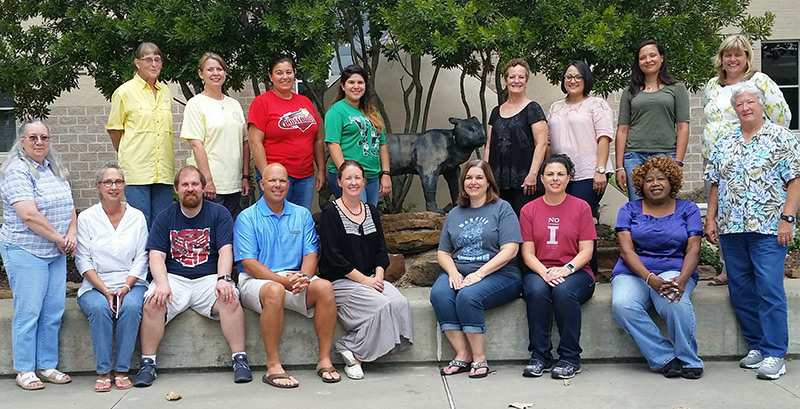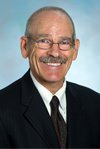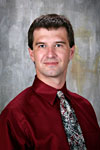UHV receives national grant for teacher training, water research

A group of 16 high school science teachers from Victoria and the region are taking part in a water quality research and professional development project through the University of Houston-Victoria thanks to a $78,990 national grant.
Dmitri Sobolev, a UHV associate professor of biology, and Teresa LeSage Clements, a UHV associate professor of science education, recently received the grant from the National Oceanic and Atmospheric Administration in order to create a teacher training project focused on science instruction and methodology. In addition, the project also was given $15,340 from the Victoria County Groundwater Conservation District and $4,485 from UHV.
“Grants from national organizations such as NOAA show the quality of work being done at UHV,” said Don Smith, UHV interim provost and vice president for academic affairs. “This project’s focus on using hands-on research to improve science education is just one of the ways UHV takes a multi-faceted approach to bridging the gaps in society and academia.”
As part of the 15-month project, eight teachers from Victoria and eight from the region were selected to participate in water quality experiments. The teachers are from Victoria West High School, Victoria East High School, Liberty Academy, Faith Academy, Bloomington High School, Cuero High School and Nixon-Smiley High School. The group started meeting in July and meets every month to collect samples from pre-selected sites along the Guadalupe and San Antonio rivers. These samples are used to establish a baseline quality analysis and track the water quality as construction projects and other development along the rivers in the area progress.
“As we collect the data, the teachers have the opportunity to take part in demonstrations and experiments,” Sobolev said. “We are looking for information, including decomposition of organic matter, photosynthesis, and the presence of animal and human waste in water sources.”
The information and experiments used in the research show teachers ways they can use field and lab work to promote science, technology, engineering and mathematics education in their classes, Clements said. Teachers who take part in the training will receive 136 hours of continuing education credit.
“We are building on methods and information they already know to help improve what they do in the classroom,” she said. “This will help them increase student achievement and research skills, and we hope some of their students will bring the skills back to UHV.”
In addition, the teachers took part in a three-day professional development in July led by Connie Hvidsten, science educator with Biological Sciences Curriculum Study. During the workshop, teachers were introduced to six BSCS strategies to help them reveal, support and challenge their students’ thinking.
While the field and lab work associated with this program will support teachers in understanding research methods and watershed issues, the BSCS strategies will help teachers support their students in analyzing data, exploring science concepts, and making a connection between those concepts and the world, Hvidsten said.
“This is a high-quality, very motivated group of educators,” Hvidsten said. “The training gave the teachers the chance to experience what it is like to be a student. Their focus and engagement showed they care and have a great desire to improve their practice.”
This project is supported by the National Oceanic and Atmospheric Administration of the U.S. Department of Commerce under grant number NA16NMF4630049, titled Texas Coastal Bend Aquatic & Environmental Science Teacher Professional Development with VISTA Plus and Watershed Field Experiences, for $78,990. The Victoria County Groundwater Conservation District contributed $15,340, or 16 percent, of the award amount, and UHV contributed $4,485, or 5 percent, of the overall award amount of $98,815. This information or content and conclusions are those of the author and should not be construed as the official position or policy of, nor should any endorsements be inferred by NOAA, DOC or the U.S. Government.
The University of Houston-Victoria, located in the heart of the Coastal Bend region since 1973 in Victoria, Texas, offers courses leading to more than 80 academic programs in the schools of Arts & Sciences; Business Administration; and Education, Health Professions & Human Development. UHV provides face-to-face classes at its Victoria campus, as well as an instructional site in Katy, Texas, and online classes that students can take from anywhere. UHV supports the American Association of State Colleges and Universities Opportunities for All initiative to increase awareness about state colleges and universities and the important role they have in providing a high-quality and accessible education to an increasingly diverse student population, as well as contributing to regional and state economic development.
Lauren Hightower-Emerson
361-570-4342







